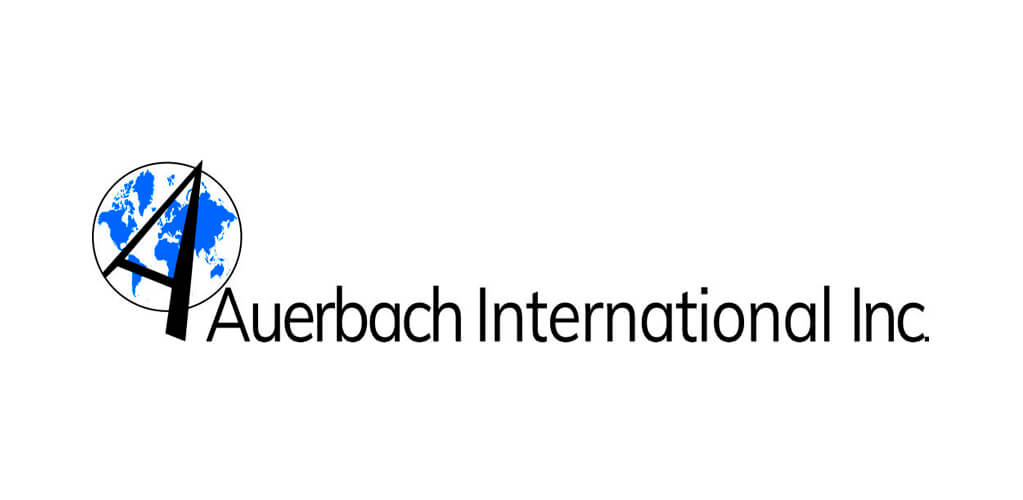Why Starbucks failed and Why Culture Matters

Starbuck’s is the popular US coffee chain that entered Australia.
Bunnings is an Australian chain of hardware stores that entered the UK.
All three countries — the US, UK and Australia — share variations of the same language and share a common Anglo heritage. Yet both ventures failed massively.
The reasons deal with culture and faulty market-entry assumptions.
Starbucks assumed that its successful US business model would transfer easily to Australia, a country with a similar English heritage and an informal society. But Australia’s coffee culture started after WW II with Italian and Greek immigrants bringing their warmth and uniqueness. Aussies saw Starbucks as an impersonal chain of sameness and predictability.
Similarly, Bunnings with its English heritage and “sausage sizzle” weekend barbeques assumed that its successful Australian business model would transfer easily to the UK. Australia is similar to US Suburbia with one- or two-story houses requiring 200 colors of paint and lawnmowers. But Britain, especially in its cities, mostly has small houses with tiny gardens (if any) requiring few colors and a year-round rainy climate limiting outdoor activities.
Both of these examples are discussed more extensively in Episode 46 of our Global Guru podcast series by global business strategist, Cynthia Dearin.
As any international executive should know, even if a country speaks a variation of a common language, cultural trends dominate. Methods that work here may not work there.
In the same way, translation is not a simple matter of just rendering words from one language to another. AI and translation software alone fail miserably unless a qualified human professional translator intervenes. And proofreading for spelling and sentence structure – as low-cost AI programs do — takes no account of cultural adaptation for the target market. For example:
- The English expression “let’s table it” in the US means to postpone or delay a decision.
- In the UK, it means to decide right now. A “hydro bill” implies a water bill in the US but means one’s electric bill in Canada.
- And what does the sign, “Non-stop parking” mean?
Similarly, Dr. Ellen Moran in Global Gurus Episode 25 discusses how American and German communication styles differ dramatically, even when both parties are speaking English. One can say the words but the meaning will not resonate.
And what about countries that have invented their own English vocabulary? Gunjan Bagla in GG Episode 49 on Booming Business in the New India mentions the word “prepone.” Other common Indian words are bhai, bogey and tiffin. Translation software does not normally translate those.
In short, accurate Translations on the business and technical level require expertise in your subject terminology and the professional skills to acculturate and get the meaning right the first time.
Global Marketing requires knowledge of countries, cultures, marketing methods, research, and not letting assumptions and egos interfere with facts.
Auerbach International can help ensure your success in both fronts:
- translating documents, videos, websites and more from or into 120 languages; and
- global marketing to determine the best countries to target and strategies to enter them.
Please contact us for a free quote or to discuss your goals.
Sincerely,
Philip Auerbach
Founder, President & CEO
Auerbach International
Headquarters – 415-592-0042 x107
philip@auerbach-intl.com
www.auerbach-intl.com
translations@auerbach-intl.com
“3 Decades. 2 Billion Words. A+ Accuracy. Superior Translation Services.”
